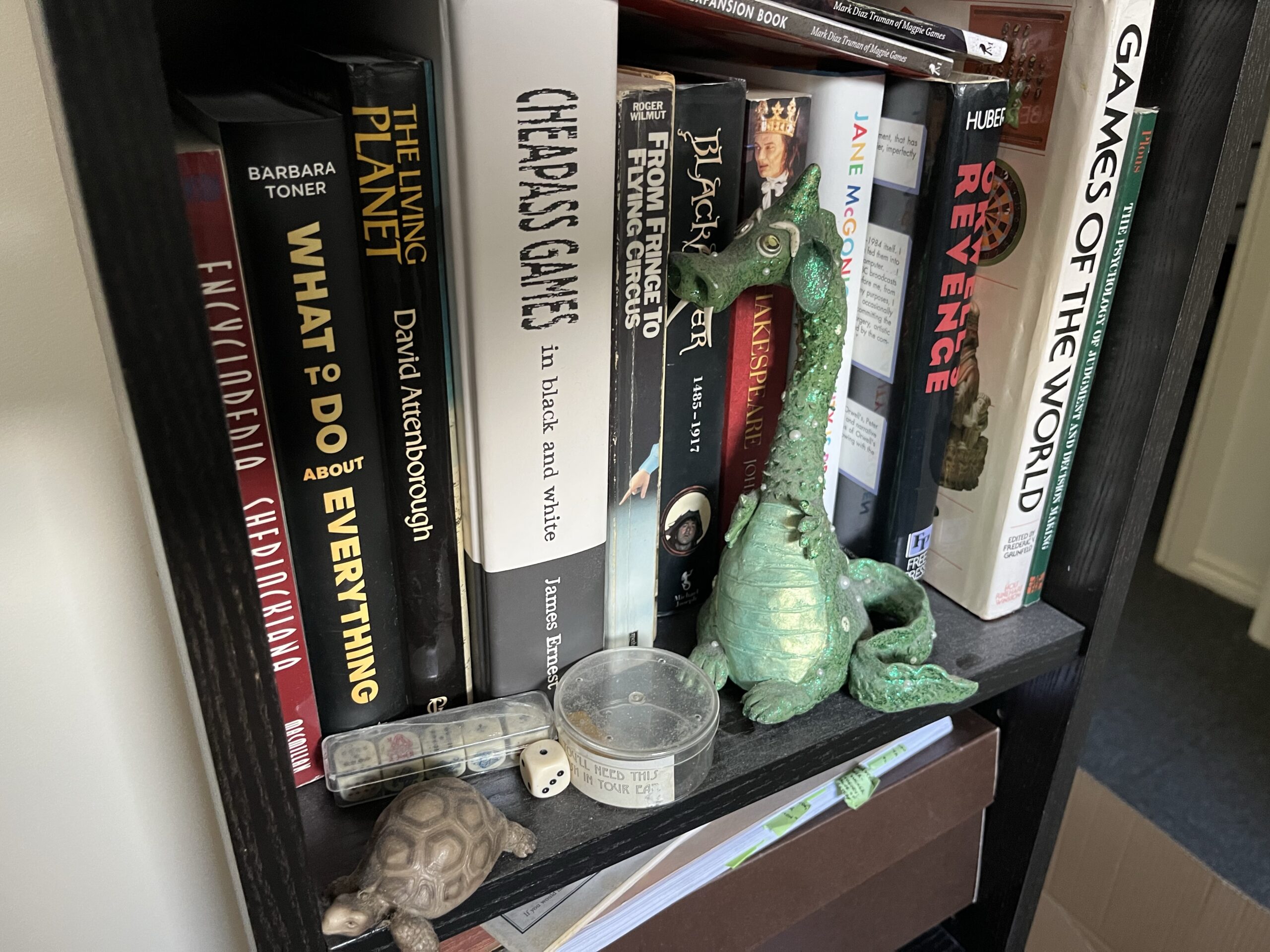#Pratchat84 Notes and Errata
These are the episode notes and errata for Pratchat episode 84, “Eight Days an Opening”, discussing the compilations of Terry Pratchett’s and Stephen Briggs’ diaries, 2019’s The Ankh-Morpork Archives Volume I, 2020’s The Ankh-Morpork Archives Volume II, plus his 2004 collaboration with Bernard Pearson, The Discworld Almanak.
Iconographic Evidence
Notes and Errata
- The episode title plays on the Beatles song “Eight Days a Week”, and one standard way to describe diary layouts: the more standard “seven days to an opening” means that a two-page spread shows all seven days of the week. Other standard layouts include one, two or five days to an opening (for business diaries that don’t include weekends).
- The Ankh-Morpork Archives, Volume I was first published on 14th November, 2019, and collects material from the following diaries:
- Discworld’s Unseen University Diary 1998
- Discworld Assassins’ Guild Yearbook and Diary 2000
- Discworld Thieves’ Guild Yearbook and Diary 2002
- Ankh-Morpork Post Office Handbook Diary 2007
- The Celebrated Discworld Almanak (usually just referred to as The Discworld Almanak) was published in October 2004.
- The Ankh-Mopork Archives, Volume II was first published on 15th September, 2020, and collects material from the following diaries:
- Discworld’s Ankh-Morpork City Watch Diary 1999
- Discworld Fools’ Guild Yearbook and Diary 2001
- Discworld (Reformed) Vampyre’s Diary 2003
- Lu-Tze’s Yearbook of Enlightenment 2008
- The 1995 Australian Fannish Diary (not 1996) was created by Kerri Valkova & Ian Gunn. While Ben mis-remembered the year it was produced, he did use its note section to write down what Douglas Adams was saying during his appearance at the Somerset Celebration of Literature, also in 1995, not 1996.
More notes coming soon!
Thanks for reading our notes! If we missed anything, or you have questions, please let us know.



